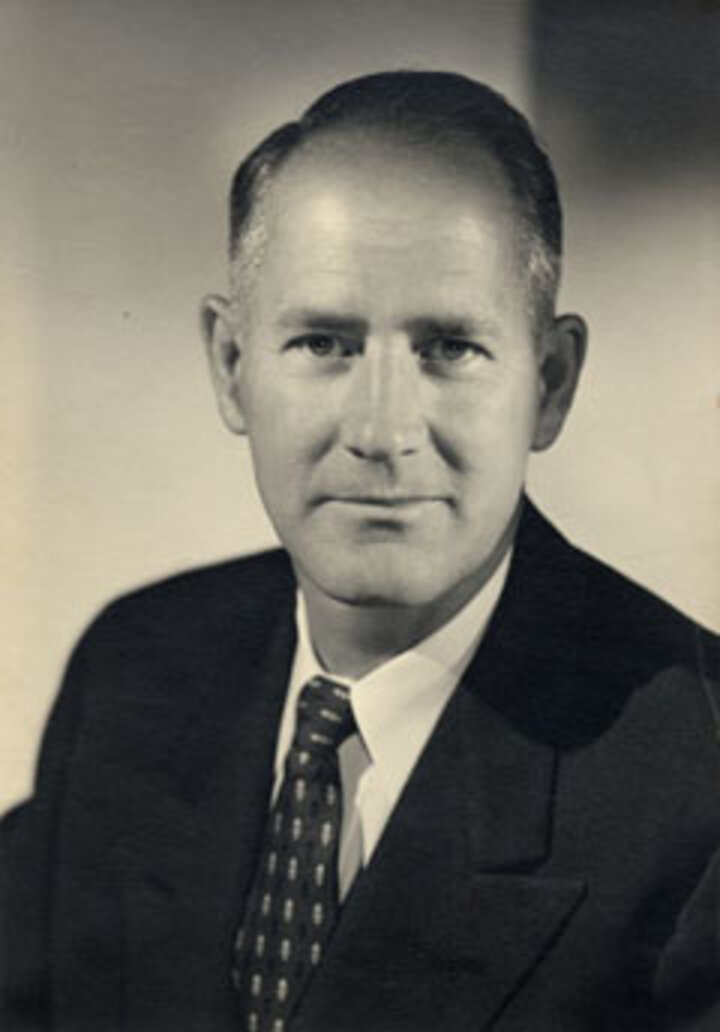⚠️ Current Students Only
The George Beadle Scholarship recipients join the Regents Scholars, David Distinguished Scholars, and others as beneficiaries of UNL's commitment to academic excellence and to enrolling top student scholars.
The George Beadle Scholarship provides $15,000 per year toward the cost of UNL undergraduate nonresident tuition charges for up to four consecutive years, or the completion of a bachelors degree, whichever comes first.
| 1 | Recipients must remain nonresidents of Nebraska. Any individual who establishes residency for the purpose of paying in-state tuition rates will automatically forfeit the George Beadle Scholarship. |
| 2 | In order to complete the requirements for a degree in eight semesters, a student must earn an average of 15 credit hours each semester. Scholarship recipients must enroll full-time (at least 12 UNL credit hours) during each semester of the academic year (fall and spring semesters) in order to receive the benefit. These hours must be officially registered by the sixth day of classes each semester. *Note: Scholarship is prorated for enrollment in fewer than 15 credits in fall/spring: 100% ($7,500/term) for 15 or more credits, 93% ($6,975/term) for 14 credits, 87% ($6,525/term) for 13 credits, 80% ($6,000) for 12 credits, and 0% for fewer than 12 credits. Enrollment level will be determined at census. Adding mini courses after census will not result in scholarship reinstatement. |
| 3 | Attending summer sessions is not required for renewal of this scholarship because it cannot be applied in the summer. |
| 4 | Recipients must successfully complete 24 UNL credit hours each academic year (fall and spring semesters). Successful completion is defined as the sum of all UNL credit hours completed with a grade of A through D- or Pass (P). Grades of I, N, W, F, and NR are not considered successfully completed. Repeated courses will only count once and must be registered for consecutive semesters (i.e., full-time by sixth day of classes each semester). |
| 5 | Recipients must remain in good academic standing with the University, which requires maintaining satisfactory academic progress towards a degree and a 2.000 cumulative grade point average, measured at the end of every spring semester. The University computes grade point averages to three decimal places and does not round. |
| 6 | The scholarship will be discontinued if the recipient withdraws from school or fails to register for consecutive academic year semesters, unless an exception is granted because of extenuating circumstances. Withdrawing completely, dropping below full-time during the refund period, or enrolling in distance education coursework will cause the scholarship to be reduced to the nonresident portion of tuition. |
| 7 | Most campus wide academic scholarships are not stackable with each other, but can be stacked with awards from your college or department. Recipients cannot combine this award with the benefits of any tuition reciprocity agreement with another state or with any other federal, state or University program where the benefit is the payment of nonresident tuition (in full or part). |
| 8 | The scholarship cannot be used to pay for non-credit courses or non-term specific correspondence courses. |
| 9 | For global experience programs, this scholarship may be applied toward UNL course credit (if non-resident UNL tuition is charged). This scholarship cannot be applied toward course credit that will be transferred from another institution. Students may apply for a variety of scholarships specific to global experience programs: Learn More |
| 10 | This scholarship may be supported through the generosity of donors. If such is the case, you may be required to complete a thank you note. |

About George Beadle
Nobel Prize-winning geneticist George Beadle studied under legendary University of Nebraska-Lincoln agronomy professor Frank Keim. He received both his bachelor's and master's degrees from the University of Nebraska before continuing his graduate work at Cornell, where he became fully engrossed in the field of genetics.
Beadle later served on the faculty of the California Institute of Technology, Harvard University and Stanford. He shared the 1958 Nobel Prize for Physiology or Medicine with Edward Tatum for their discovery that genes act by regulating definite chemical events. Beadle was named president of the University of Chicago in 1961 and is credited with building it into one of the nation's premier research institutions.
We're Here to Help
Husker Hub Student Services Center
Husker Hub is Nebraska's "one stop" for you to get assistance with the FAFSA Form, scholarships, grants, loans and more. Our Husker Hub full-time student services specialists are available remotely Monday-Friday through a Virtual Queue to help answer all of your questions about paying for college.